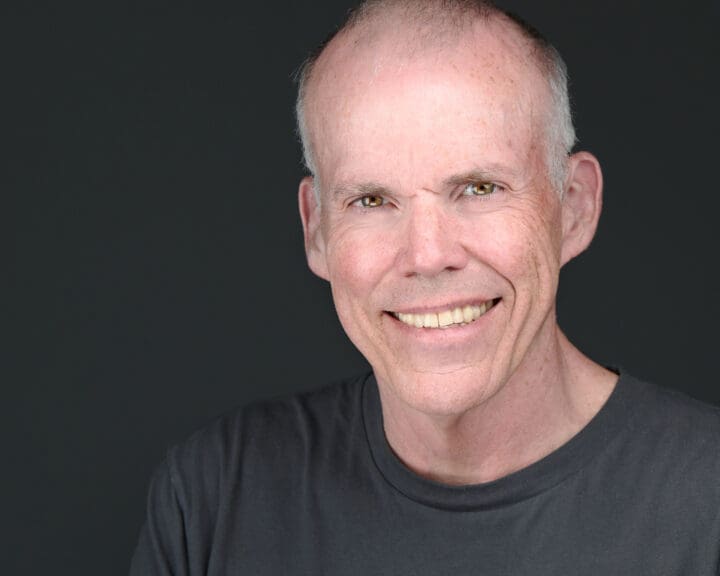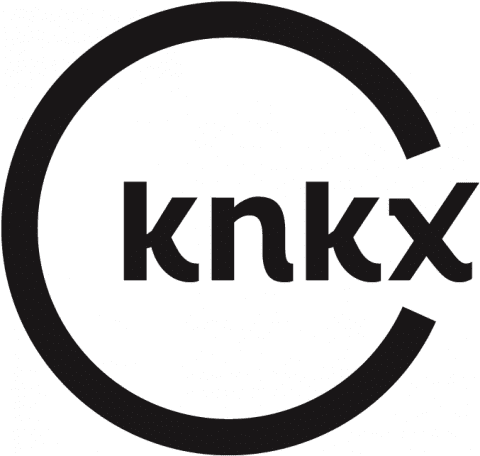Although this event Although this event has passed, you can still purchase a ticket to buy a streaming pass through Tuesday, September 23, 2025 at 7:30 PM (PT).
From the acclaimed environmentalist comes a call to harness solar power and rewrite our scientific, economic, and political future. In Here Comes the Sun, world-renowned author Bill McKibben tells the story of our sudden spike in power from the sun and wind.
Create Your Own Series Subscriptions and SAL Memberships include a copy of Here Comes the Sun, shipped to your door by our bookstore partner Third Place Books.
Q&A with Nikhil Swaminathan.
Our climate, and our democracy, are melting down. But Bill McKibben, one of the first to sound the alarm about the climate crisis, insists the moment is also full of possibility. Energy from the sun and wind is suddenly the cheapest power on the planet and growing faster than any energy source in history—if we can keep accelerating the pace, we have a chance.
Here Comes the Sun tells the story of the sudden spike in power from the sun and wind—and the desperate fight of the fossil fuel industry and their politicians to hold this new power at bay. From the everyday citizens who installed solar panels equal to a third of Pakistan’s electric grid in a year to the world’s sixth-largest economy—California—nearly halving its use of natural gas in the last two years, Bill McKibben traces the arrival of plentiful, inexpensive solar energy. And he shows how solar power is more than just a path out of the climate crisis: it is a chance to reorder the world on saner and more humane grounds. You can’t hoard solar energy or hold it in reserves—it’s available to all.
There’s no guarantee we can make this change in time, but there is a hope—in McKibben’s eyes, our best hope for a new civilization: one that looks up to the sun, every day, as the star that fuels our world.
Bill McKibben is the author of more than twenty books, including the bestsellers The End of Nature, Falter, and Deep Economy.
His 1989 book The End of Nature is regarded as the first book for a general audience about climate change, and has appeared in 24 languages. McKibben’s work appears regularly in periodicals from the New Yorker to Rolling Stone. He serves as the Schumann Distinguished Scholar in Environmental Studies at Middlebury College, as a fellow of the American Academy of Arts and Sciences, and he has won the Gandhi Peace Prize as well as honorary degrees from 20 colleges and universities. He was awarded the Right Livelihood Award, sometimes called the alternative Nobel, in the Swedish Parliament. Foreign Policy named him to its inaugural list of the world’s 100 most important global thinkers.
McKibben helped found 350.org, the first global grassroots climate campaign, which has organized protests on every continent, including Antarctica, for climate action. He played a leading role in launching the opposition to big oil pipeline projects like Keystone XL, and the fossil fuel divestment campaign, which has become the biggest anti-corporate campaign in history, with endowments worth more than $40 trillion stepping back from oil, gas and coal. He stepped down as board chair of 350 in 2015, and left the board and stepped down from his volunteer role as senior adviser in 2020, accepting emeritus status. In 2014, biologists credited his career by naming a new species of woodland gnat—Megophthalmidia mckibbeni–in his honor.
Founder of Third Act, a project organizing people over sixty for progressive change, he lives in Vermont with his wife, the writer Sue Halpern.
Nikhil Swaminathan is the CEO of Grist, since September 2022. He was previously Grist’s editor in chief and has been with the magazine since 2017. Swaminathan has established Grist as a leader in solutions-based climate reporting while helping position climate as a social justice issue. Grist transformed into a digital magazine under his watch, garnering honors including two Edward R. Murrow Awards, a General Excellence nomination at The National Magazine Awards, and three 2021 Online Journalism Awards. Previously, Swaminathan held editorial positions at Scientific American, Al Jazeera America, and Archaeology, among others; he started his journalism career at Creative Loafing, Atlanta’s alternative weekly. He was also in the inaugural class of Ida B. Wells fellows at Type Investigations. Swaminathan serves on the board of the Economic Hardship Reporting Project.




